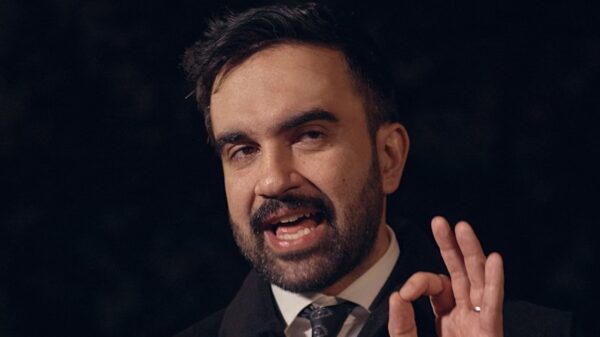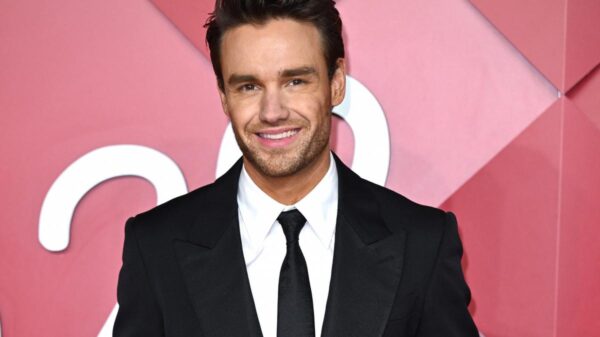BREAKING NEWS: Australia is poised to implement a groundbreaking social media age restriction starting on December 10, 2023. This revolutionary law raises the minimum age for children to access social media from 13 to 16, a move that could reshape digital interactions for millions of minors.
The announcement, made by Prime Minister Anthony Albanese in Canberra, comes after a heartfelt campaign led by parents who tragically lost children to mental health issues linked to social media. The law is unprecedented globally, and its implications are vast, igniting discussions about child safety in an increasingly digital world.
On the night of November 6, 2022, a missed call from the Prime Minister to radio host Michael Wipfli could have changed the trajectory of their campaign. Wipfli was in a meeting with grieving parents, including Kelly O’Brien and Robb Evans, who brought their children’s ashes to advocate for the age change. They represented the organization 36 Months, founded to push for this crucial reform.
When Albanese announced the decision, he emphasized it was “for the mums and dads,” acknowledging the profound impact of the parents’ advocacy. The law will impose fines of up to $49.5 million on tech platforms that fail to comply.
This swift legislative action took just 178 days from the campaign’s inception to the official announcement. It reflects growing public concern over the effects of social media on youth mental health, especially in the wake of increasing reports of self-harm and suicide.
Critics are wary of the potential backlash from tech giants. YouTube has already threatened legal action, questioning the enforceability of the law. The new Communications Minister, Anika Wells, is tasked with navigating these challenges while ensuring the law’s implementation. “This is a sprint,” Wells stated, underscoring the urgency of the situation.
With approximately 938,000 Australians aged between 13 and 15, a significant number will be affected when the law takes effect. Experts predict that 1.5 million accounts across platforms like Facebook, Instagram, Snapchat, and TikTok will be deactivated, potentially pushing teens to seek alternative, less regulated online spaces.
As the clock ticks down to December 10, the government is preparing for potential pushback from these tech giants, who could lose significant advertising revenue from this demographic. The stakes are high, and the outcome could set a precedent for other nations grappling with similar issues.
The world is watching as Australia takes a bold step into uncharted territory. Will this new law effectively safeguard children, or will it spark a digital rebellion? Observers are keen to see how tech companies respond and what impact this legislation will have on the mental health landscape for young Australians.
As developments unfold, the implications of this law may resonate globally, prompting other countries to consider similar measures to protect their youth in an era dominated by social media. The debate is just beginning, and stakeholders from every corner are poised for what comes next.



































































